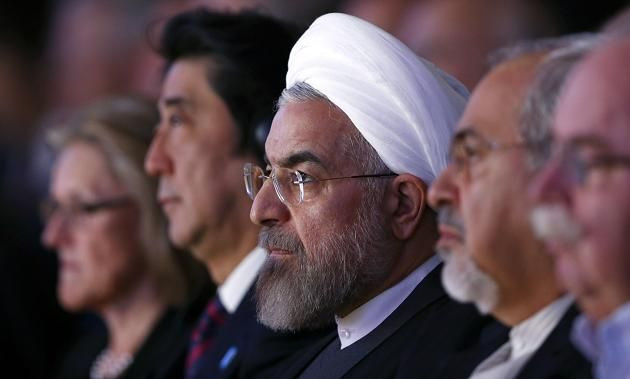Can Iran Turn Its Economy Around? Forecasts Suggest GDP Growth This Year

Improved relations between Iran and the West are helping the country's economy grow, but analysts caution that a breakdown in negotiations over Iran’s nuclear program could pose a risk to its economy, according a report released by Business Monitor on Friday.
Business Monitor forecasts an increase in the gross domestic product (GDP) of Iran by 2.8 percent in 2014 and 3.4 percent by 2015. But analysts caution that a breakdown in negotiations could bring down the projected forecast and send inflation forecasts upward. Last month Iran and Western nations signed an agreement that would slow its nuclear program in exchange for easing economic sanctions worth about $7 billion.
Not only are improved relations with the West driving Iran’s economy upwards, but better macroeconomic management has "improved the outlook for exports and increased business and consumer confidence,” analysts said.
Iran’s cabinet took several measures to help improve economic conditions, according to a World Bank Report:
* Giving greater autonomy to the Central Bank.
* Reforming the tax system.
* Stabilizing the domestic currency.
* Reinstating the Management and Planning Organization, which was in charge of drafting government budget plans.
*Opening up the oil sector to foreign companies for investment and technical assistance.
However, the World Bank report said that “growth has contracted for two consecutive years (-3 and -2.1 percent in 2012 and 2013 respectively) and the outlook for the next year is bleak."
Inflation and unemployment rates have risen as well as the prices of food and real estate in particular, showing no signs of improvement.
Hoping to capitalize on the easing of sanctions, President Hassan Rouhani attempted to revive Iran’s oil and gas sector by telling a panel of oil executives at the World Economic Forum’s annual meeting in January in Davos, Switzerland, that Iran is open for business.
Iran’s economy is still largely dependent on oil. In 2012, oil constituted about 30 percent of GDP, 80 percent of exports and 70 percent of fiscal revenues.
© Copyright IBTimes 2024. All rights reserved.






















